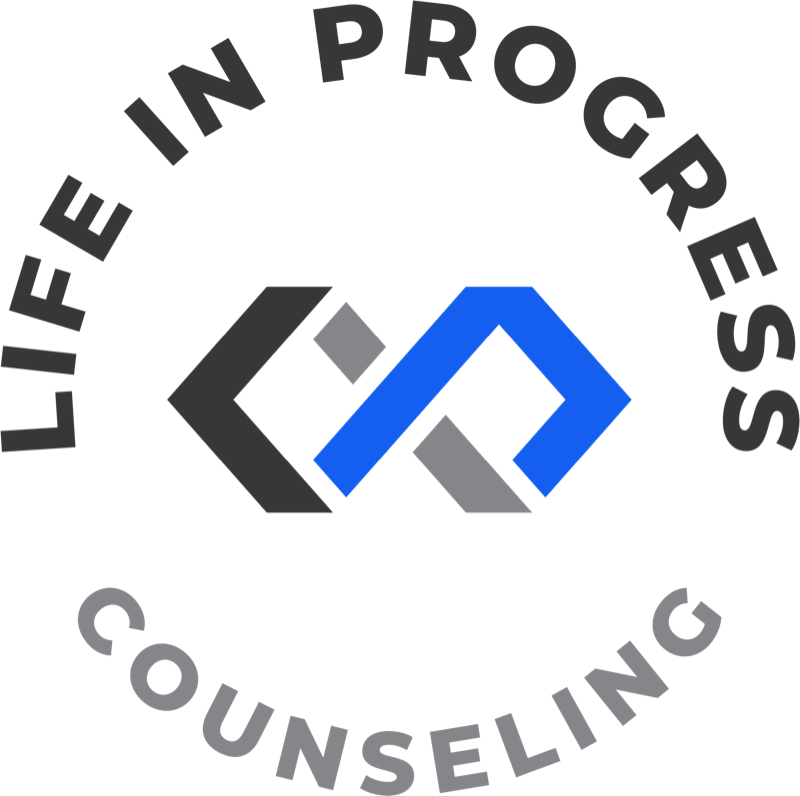The Lingering Question of Past Infidelity
Relationships are journeys filled with highs and lows, moments of connection, and sometimes, painful mistakes. For some, past infidelity lingers like a quiet shadow, even years after the affair has ended. If you’ve carried the weight of a secret betrayal, you may find yourself wrestling with a deeply personal question: Should I tell my partner about my past infidelity?
This question is complex, and there’s no universal answer. Every relationship is unique, shaped by its own history, values, and dreams for the future. As a couples therapist, I’ve walked alongside many individuals and couples grappling with this decision. Some feel unburdened by sharing their truth, while others wonder if revealing a long-ago betrayal might cause more harm than good. In this article, I’ll share insights from my practice, including real stories (with details changed for privacy), to help you navigate the emotional terrain of past infidelity. Together, we’ll explore five key considerations to guide you toward a decision that feels right for you and your relationship.
The Weight of Keeping Past Infidelity a Secret
Secrets have a way of shaping our lives, even when we think we’ve tucked them away. I once worked with a couple who had made incredible progress in therapy. After years of feeling disconnected, they were laughing together, planning date nights, and rediscovering their spark. But one partner carried a secret: a brief affair from years earlier, during a rough patch in their marriage. With their newfound closeness, the guilt of that past infidelity resurfaced, heavy and persistent. They wondered, “Should I confess to feel free of this burden, or will it shatter the hope we’ve rebuilt?”
Carrying a secret like past infidelity can feel like holding a stone in your heart. It might show up in subtle ways—a hesitation to fully open up, a flicker of guilt during intimate moments, or a fear that the truth could unravel everything. For some, keeping the secret feels like protecting their partner from pain, especially if the affair was a one-time mistake or happened long ago. For others, the desire for honesty outweighs the fear of consequences, as transparency feels like the foundation of true intimacy.
There’s no right or wrong answer here, but the weight of secrecy can create an invisible barrier between you and your partner. Let’s explore five steps to help you decide whether disclosing past infidelity is the best path for your relationship.
1. Reflect on Your Motivation for Disclosing Past Infidelity
Before you share, pause and ask yourself: Why do I want to tell my partner about my past infidelity? Your motivation can shape how the conversation unfolds and its impact on your relationship. Are you seeking relief from guilt? Hoping to rebuild trust through honesty? Worried your partner might hear the truth from someone else?
In my practice, I’ve seen how motivations matter. One client came to me after years of carrying guilt about a brief affair. They wanted to confess, not because they feared discovery, but because they longed for a relationship built on complete openness. Their partner, though hurt, ultimately appreciated the courage it took to be honest, and they worked together to heal. In contrast, another client shared their past infidelity to ease their conscience, only to find that their partner felt blindsided and betrayed, struggling to move forward.
Reflecting on your “why” can help you approach the conversation with clarity. If your goal is to unburden yourself, individual therapy might help you process those feelings first. If your aim is to foster deeper trust, disclosure could be a step toward healing—provided it’s done with care and intention.
2. Consider the Timing and Context of Your Relationship
Timing can make or break a conversation about past infidelity. Is your relationship in a stable place right now? Are you and your partner emotionally equipped to handle a challenging discussion? Sharing a painful truth during a period of stress—say, after a job loss or family crisis—can amplify the emotional impact. Instead, aim for a moment when you’re both feeling connected and calm.
Think about the setting, too. A quiet, private space where you can talk without interruptions is ideal. I often guide couples to have these conversations with a therapist present, as it creates a safe container for both partners to express their feelings. A therapist can also help you assess whether the timing feels right and prepare for your partner’s potential reactions.
Consider your partner’s emotional bandwidth as well. If they’re already navigating personal challenges, the weight of past infidelity might feel overwhelming. A little patience can go a long way in setting the stage for a productive conversation.
3. Anticipate the Consequences of Sharing Past Infidelity
Disclosing past infidelity can ripple through your relationship in ways you might not expect. Some couples grow stronger through honesty, finding new depths of understanding and forgiveness. Others struggle with feelings of betrayal, even if the affair happened years ago. Before you share, take time to imagine how your partner might respond and how the truth could shift your dynamic.
I often ask clients, “If your partner hadn’t told you, would you have found out?” or “Are you glad you know?” The answers vary. One partner told me they were grateful their spouse confessed, as it explained years of subtle distance they’d sensed. Another said the knowledge felt like a wound they couldn’t unfeel, wishing they’d been spared the pain. These reflections highlight why it’s crucial to weigh the potential outcomes.
Think about the long term, too. Will your partner need support to process their emotions? Are you ready to answer tough questions with honesty and patience? Couples therapy can be a lifeline here, offering tools to navigate the aftermath and rebuild trust together.
4. Hone Your Communication Skills for the Conversation
How you share the truth matters as much as the truth itself. Approaching a conversation about past infidelity with empathy and openness can make a world of difference. Start by expressing your love and commitment, then share the truth gently, giving your partner space to process their emotions.
I’ve seen how secrets can act like a slow poison in relationships, but honesty without care can also wound. One client came to me torn about an affair they’d kept hidden for years. They worried that confessing would hurt their partner, who seemed happy and unaware. In therapy, we worked on communication skills—how to share with sensitivity, listen without defensiveness, and hold space for their partner’s pain. When they finally disclosed, their partner felt hurt but valued the honesty, and they began rebuilding together.
A therapist can teach you how to navigate these conversations with compassion, ensuring both partners feel heard and supported. Listening is just as important as speaking—give your partner room to express their feelings without rushing to fix or defend.
5. Seek Support Through Couples Therapy
You don’t have to navigate past infidelity alone. Whether you’re leaning toward disclosure or choosing to keep the past in the past, therapy offers a safe space to explore your feelings and make informed decisions. Couples therapy can guide you through the conversation, helping both partners process emotions and rebuild trust. Individual therapy can help you manage guilt, clarify your values, and recommit to your relationship with intention.
Healing from past infidelity is a journey, not a destination. With professional support, you can find clarity, strengthen your connection, and move forward together.
Take the Next Step Toward Healing
Deciding whether to disclose past infidelity is one of the most personal choices you’ll ever make. There’s no one-size-fits-all answer—only the path that feels right for you and your relationship. As a therapist, I’ve seen couples transform through honesty, forgiveness, and hard work, and I’ve also seen individuals find peace by processing their past with compassion.
You don’t have to carry this weight alone. At Life In Progress, we’re here to help you navigate the complexities of past infidelity with warmth and understanding. Whether you’re seeking guidance on disclosure, tools to communicate better, or support to heal, we’re ready to walk alongside you.
Take the first step toward clarity and connection today. Reach out for a free consultation, and let’s explore how we can support you and your relationship. Your story matters, and we’re here to help you write the next chapter.
References
https://www.psychotherapynetworker.org/article/after-affair-how-much-should-be-shared
Rokach, A., & Chan, S. H. (2023). Love and Infidelity: Causes and Consequences. International Journal of Environmental Research and Public Health, 20(5), 3904. https://doi.org/10.3390/ijerph20053904











